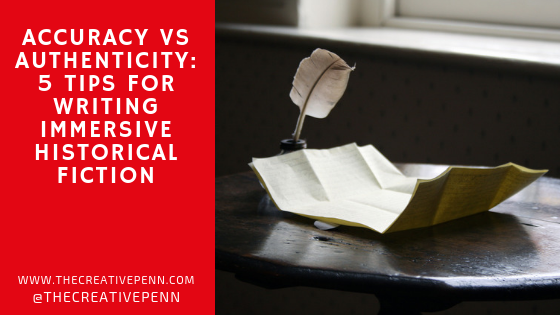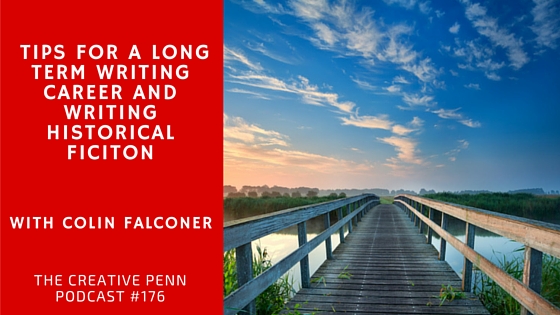I do a lot of research for my J.F.Penn thrillers and strive for historical accuracy in all my books, but historical fiction writers definitely have far more of a challenge! Historical fiction …
Continue Reading about Accuracy Vs Authenticity: 5 Tips For Writing Immersive Historical Fiction →


